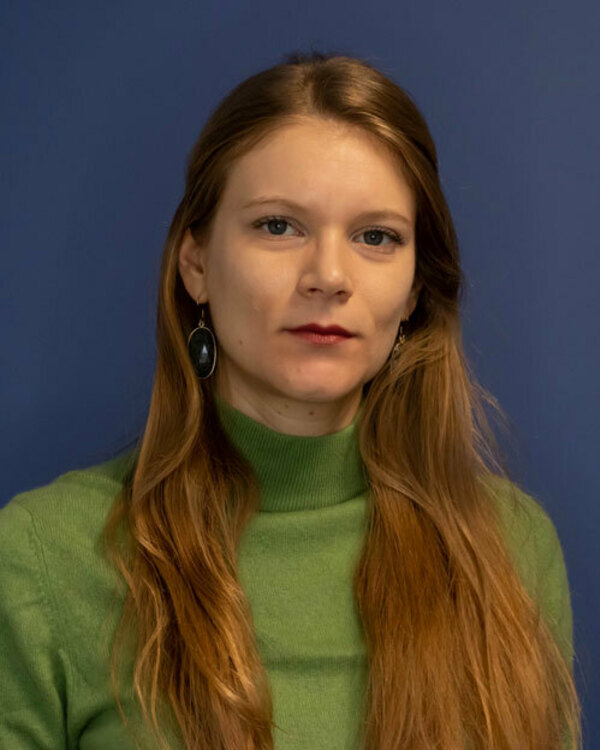
This week, we’re looking back at one of our earlier episodes of “Meeting in the Middle Ages.” In 2022, we sat down with Eleonora Celora, a graduate student at the University of Notre Dame. We spoke to her about liturgical manuscripts as works of art, moving to France without knowing French, and creating a tool to help others understand medieval liturgical texts.
Eleonora’s journey to Notre Dame has taken her across the world. Moving from Italy to France and then to South Bend, Indiana, she is someone who jumps in feet first and overcomes challenges through determination and passion for her work. It was eye-opening to hear about her experiences shifting between languages and cultures. Being an international student is never easy—you are exposed to new foods, new ways of doing things, new social etiquette—but it can be really rewarding.
Ele’s experiences also provide unique insights into the strengths and weaknesses of the American PhD programme. During her undergraduate degree she developed an interest in music and manuscripts that led to her study the Middle Ages in more and more detail. But as she tells us, studying in Italy and the United States are two very different things. She has seen firsthand how different educational environments shape your research, subtly directing you to ask some questions and not others. For Ele, the solution has been to seek an international career as much as possible. In this increasingly interconnected, global academic world, we can all stand to benefit from collaborating with international researchers when we can. Working with scholars trained in other university systems can help us to see our fields in new ways and maybe ask the questions we’d never thought to ask.
Thanks for listening. See you next time in the Middle Ages.
Will Beattie & Ben Pykare
Medieval Institute
University of Notre Dame
